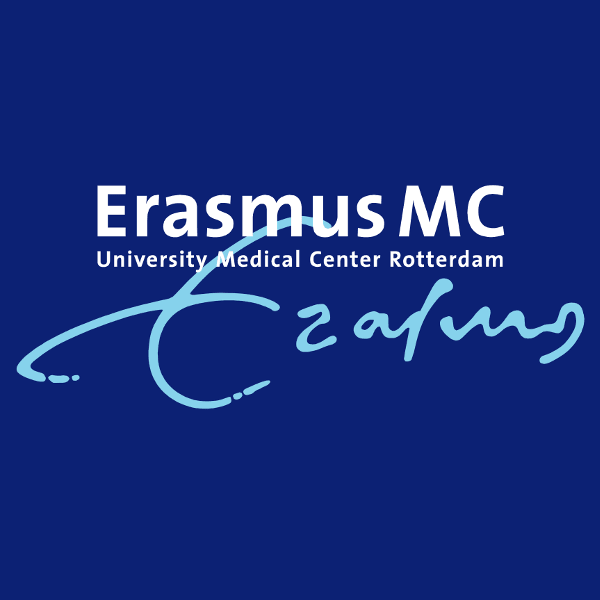
ERASMUS MC - NL
Core Partner, BSL3, EU
Erasmus MC is the largest university medical centre in the Netherlands. The Department of Viroscience at Erasmus MC employs more than 110 persons of different disciplines and runs an extensive research program on viral infections of humans and animals, with specific interests in viral zoonoses, pathogenesis and transmission and natural and vaccine-induced immunity. There are 6 principal investigators at the professor level, each representing an essential skill in infectious diseases, including professors in 1) General Virology; 2) Molecular Virology; 3) Immunology; 4) Pathology; 5) Epidemiology; 6) Clinical Virology, as well as assistant/associate professors specialized in specific virus fields. Viruses under research include influenza A and B virus, RSV, hMPV, measles virus, coronaviruses, HIV-1, HIV-2, hepatitis A, B and C viruses, West Nile virus, dengue viruses, monkey pox virus, and herpes viruses. The department houses the National Influenza Centre, the national reference centre for emerging viral diseases, and the international reference centres for viral haemorrhagic fevers and measles for WHO. The department has built up an extensive track record in the identification of several novel human viruses, including Middle Eastern Respiratory Syndrome (MERS) coronavirus, human metapneumovirus (HMPV), human H5N1 infection in Hong Kong, SARS-CoV, hCoV-NL63 and MERS-CoV. In collaboration with the department of Zoology at Cambridge University, UK, the department has developed methods for improving human influenza virus surveillance and vaccine strain selection (2004), which have been adopted by the WHO as an integral part of the annual vaccine strain selection process. The department of Viroscience is the co-coordinator of the H2020 project COMPARE, exploring the potential uses of next generation sequencing techniques for outbreak detection and tracking coordinator of the H2020 Marie Sklodowska-Curie Innovative Training Network INITIATE, applying the emerging field of antiviral immunometabolism to viral diseases, coordinates EVDLabNet, European Network of Laboratories for early detection and surveillance of (re)emerging vector-borne viral diseases, connecting experts involved in diagnostics of (re)emerging vector-borne viral diseases, and participates in numerous other FP7/H2020 projects of relevance to emerging disease preparedness, like ZikAlliance, a global alliance for Zika virus control and prevention, EMERGE, efficient response to highly dangerous and emerging pathogens at EU level, RECODID, Integrated human data repositories for infectious disease-related international cohorts to foster personalized medicine approaches to infectious disease research, PREPARE, Platform foR European Preparedness Against (Re-) emerging Epidemics, and ECRAID, European Clinical Research Alliance on Infectious Diseases.
The department of Viroscience has a track record of applied research in the development of reagents and protocols for molecular and serological detection of emerging viral pathogens, including those viruses that were discovered at the Viroscience Lab of Erasmus Medical Centre; MERS-CoV, SARS-CoV, and HMPV. Its research includes the characterization of viral variants and the serological response generated in the susceptible host species of many other viral infections of humans and animals, and pathogenesis research for risk assessment of emerging diseases in a range of in vitro, ex vivo and in vitro sytems. State of the art facilities for working with these (zoonotic) pathogens both in vitro as well as in animal models are available.